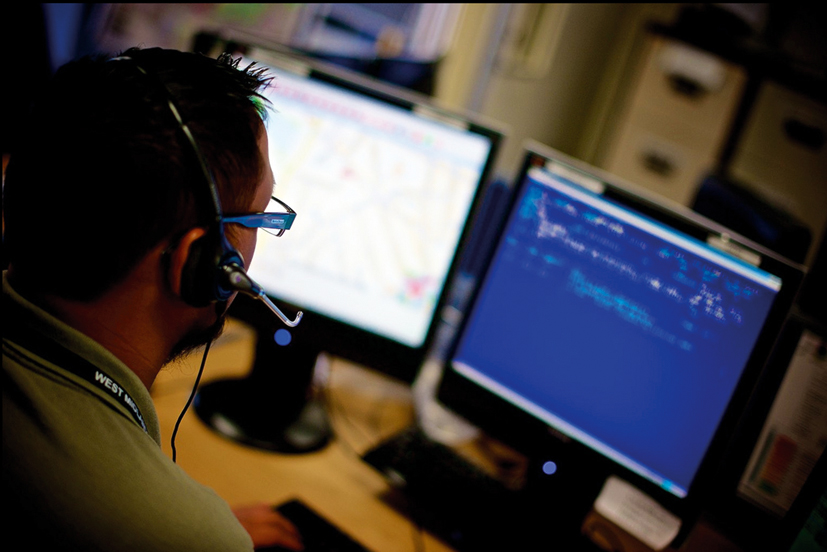New CCTV software unveiled that can track subjects automatically
Scientists in Ohio have taken another step towards a global surveillance environment by developing software which can automatically track an individual through a city using CCTV cameras.

Scientists in Ohio have taken another step towards a global surveillance environment by developing software which can automatically track an individual through a city using CCTV cameras.
James Davis, associate professor at the Ohio State computer science and engineering department, developed the new software code with the aid of graduate student Karthik Sankaranarayanan.
The code works by using a pan-tilt-zoom camera to create a panoramic image of its entire field of view and then linking each ground pixel in the picture to a georeferenced location on a map.
This means that when the camera sees a person or vehicle, the computer also knows in terms of map coordinates where it is looking.
That in turn makes it possible for a new camera to be trained on the target as they pass out of the initial field of view. A subject can then be followed automatically anywhere that the monitoring computer has CCTV coverage without the need for a human operator to manually train cameras around.
Meanwhile, in the UK, the British Security Industry Association (BSIA) says it is committed to safeguarding the privacy of individuals in the wake of a House of Lords report into surveillance and data collection.
The report just published makes a number of recommendations about surveillance and data collection in the UK, including an independent appraisal of research into the effectiveness of CCTV and a statutory regime for the use of CCTV by both public and private sectors. It also calls for more powers for the Information Commissioner.
Pauline Norstrom, BSIA CCTV section chairman, said: The CCTV industry is and has long been committed to safeguarding the privacy of those monitored by the technology. It is important to note, despite the context of this report, that CCTV does not involve the collection of personal data about an individual. Nonetheless, privacy is protected by standards including the Data Protection and Human Rights Acts, regulation of CCTV public space surveillance operators, and industry-imposed standards.
Through our involvement in the National CCTV Strategy, the industry is already involved in implementing many of the recommendations of this report, including codes of practice that are binding upon CCTV schemes.
We would favour further research into the effectiveness of CCTV and welcome the expansion of the Information Commissioners powers to ensure that systems are being operated to the high standards that the industry supports.
Research has shown that in areas where CCTV has been installed there is public support for the technology, reducing fear of crime amongst communities. CCTV also acts as an important tool for the police and has contributed to the detection of crime in a number of high-profile cases, from the murder of Jamie Bulger, to the London bombings and the Tonbridge robbery. CCTV is certainly vital to the protection of our society and the industry is dedicated to ensuring it is used responsibly.


